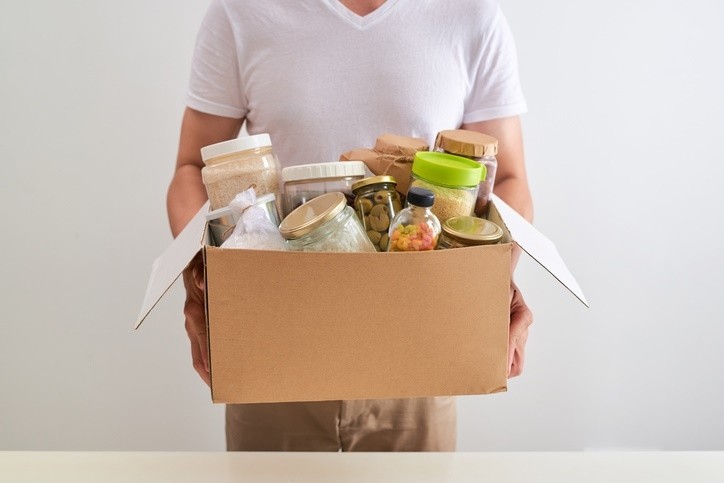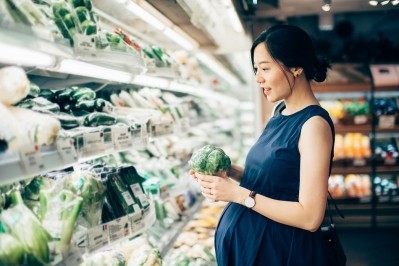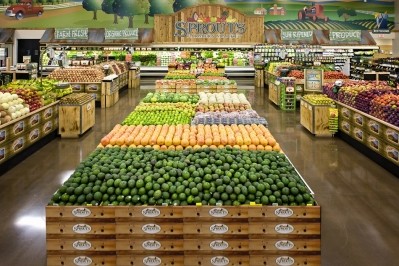Faster delivery, easier pick-up options drive rapid growth of food ecommerce sales, Packaged Facts says

The market research firm predicts in its new Global Food E-Commerce report published this week that global sales of e-commerce will rise 24% year over year through 2023, thanks in part to increased efforts by retailers to make online shopping more appealing to shoppers.
As the report notes, retailers increasingly are offering same-day delivery services, “enticing shoppers who want quick access to fresh produce, meats and other food items.”
For example, Walmart said May 14 by the end of the year it will offer grocery pickup and delivery from 3,100 stores to 80% of the US population and same-day delivery from 1,600 stores to 50% of the US population by the end of year.
It also announced yesterday that as a complement to this service it will begin rolling out NextDay delivery for more than 200,000 items on its website, including food along with other frequently purchased products such as diapers and laundry detergent. The benefit will be free, with no membership fee, on orders of $35 or more – but everything in the cart must be eligible for next day delivery.
The addition of NextDay delivery “makes good business sense,” according to Walmart, which explained that the service will save it money because orders will come from a single fulfillment center located closest to the consumer and will travel by ground shipping, which costs less than online orders that come in multiple boxes from multiple locations.
The same day that Walmart announced its NextDay service, Target also announced the nationwide expansion of its same-day delivery by Shipt. Both of these follow Amazon’s announcement last month to offer free, one-day delivery to all Prime members.
Many e-commerce efforts focused first on urban areas where consumers are less likely to own vehicles, but as retailers expand online ordering and delivery services they are exploring the use of advanced order-fulfillment software, new infrastructure, driverless vehicles and partnerships with delivery services, according to Packaged Facts.
On the last note, Packaged Facts adds that partnerships are “key strategies for participants looking to expand operations, reach new customers, increase product offerings, gain access to advanced logistics technology and solve last-mile delivery challenges.”
Consumer comfort with online shopping increases
Another factor contributing to the boom in e-commerce sales of food is consumers are becoming more comfortable with shopping online for routine groceries, Packaged Facts notes.
The market intelligence firm Numerator reinforces this in a recent analysis that looked at consumer response to Walmart’s grocery pickup, which found convenience is key for online grocery shopping.
According to Numerator data, 64% of shoppers who use Walmart Grocery Pickup find online shopping enjoyable, 76% like it because it saves them time, 52% like it because it saves them money and 39% use the service because they want a quick in and out trip.
Numerator also notes that a majority of Walmart’s Online Grocery Pickup users “are not just users, but advocates, which projects positively for Walmart in the long-term. Cultivating more advocates by delivering a consistently positive pick up experience, while continuing to expand the service to more locations, should position Walmart well in the omnichannel grocery arena.”
Packaged Facts adds that subscriptions and memberships with online retailers also drives loyalty and will be a key factor behind the growth of ecommerce going forward.
The report adds, other factors attributing to the projected 24% year-over-year growth of ecommerce sales of food are greater penetration of broadband Internet in rural and remote areas and improvements to data security that ease consumer fears about having their personal information stolen while shopping online.










